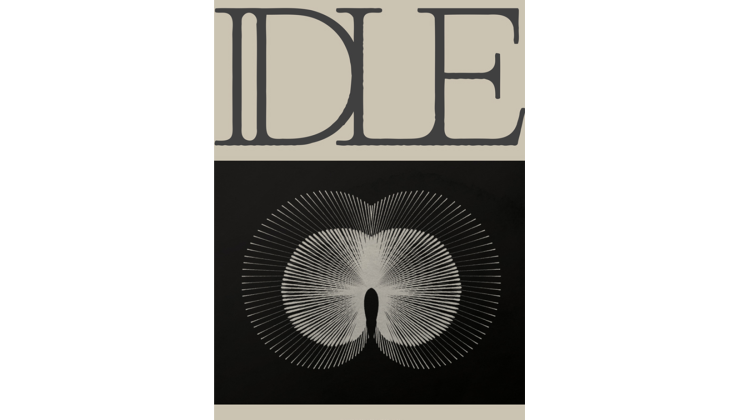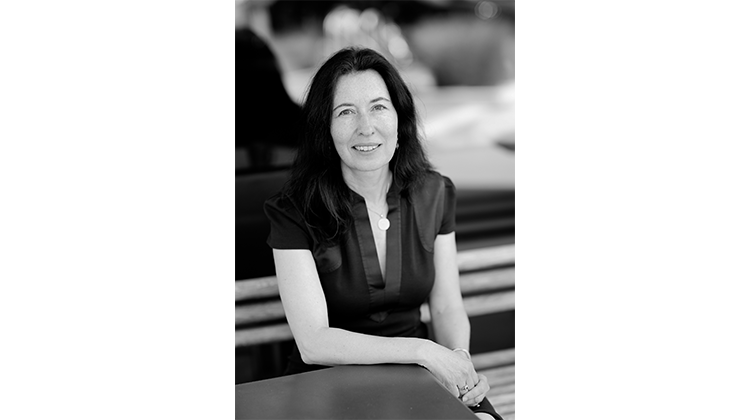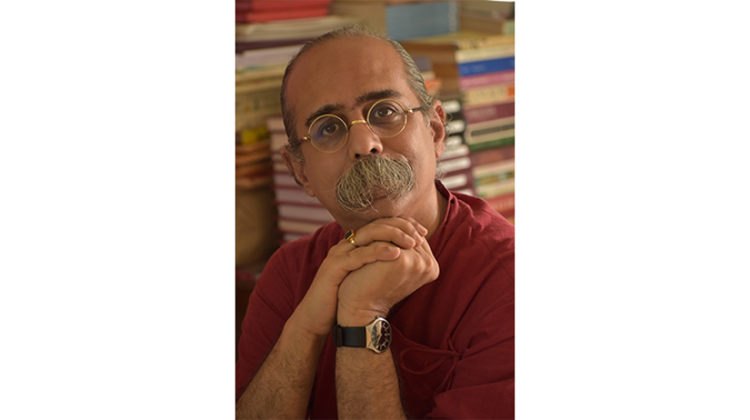Advanced Study in the History of Modern Architecture and Urbanism
EPHEMERAL HISTORIES (ARCHITECTURE & THE CONSTRUCTION SITE)
What is the history of the construction site? The paradox of the construction site lies in the fact that, although the construction site is inescapably essential to the realization of architecture, it must be ephemeral, superseded by the durable forms of the completed building. Such traces that remain, in documents, photographs, or physical marks upon the building, have been of passing interest to architectural history for the information they reveal about the realized object, but the construction site itself—as a place, as an event, as a design—has largely been ignored by an architectural history and theory not inclined toward ephemerality.
This seminar will address the construction site with rigorous historical interpretation and methodological experimentation. Readings and discussions will develop a knowledge of the construction site as a point of organization, material transformation, and intellectual and physical work. These approaches will pursue questions such as the valuation of tools and techniques, the legal armature of contracts and regulations, the social conventions of race, class, and gender, and the cultural appraisal of work and craft. The goal of the seminar will be to develop prototypical approaches to the history of the construction site that explore the possibilities of ephemeral history. Students will carry out detailed and speculative research into selected construction sites; and will use that research in digital mediums of text, sound, and image to model ephemeral histories that expand the historical accounting of a construction site to include information extending from wages to weather reports.
The class is open to doctoral and masters degree students. Enrollment will be limited to 12.





